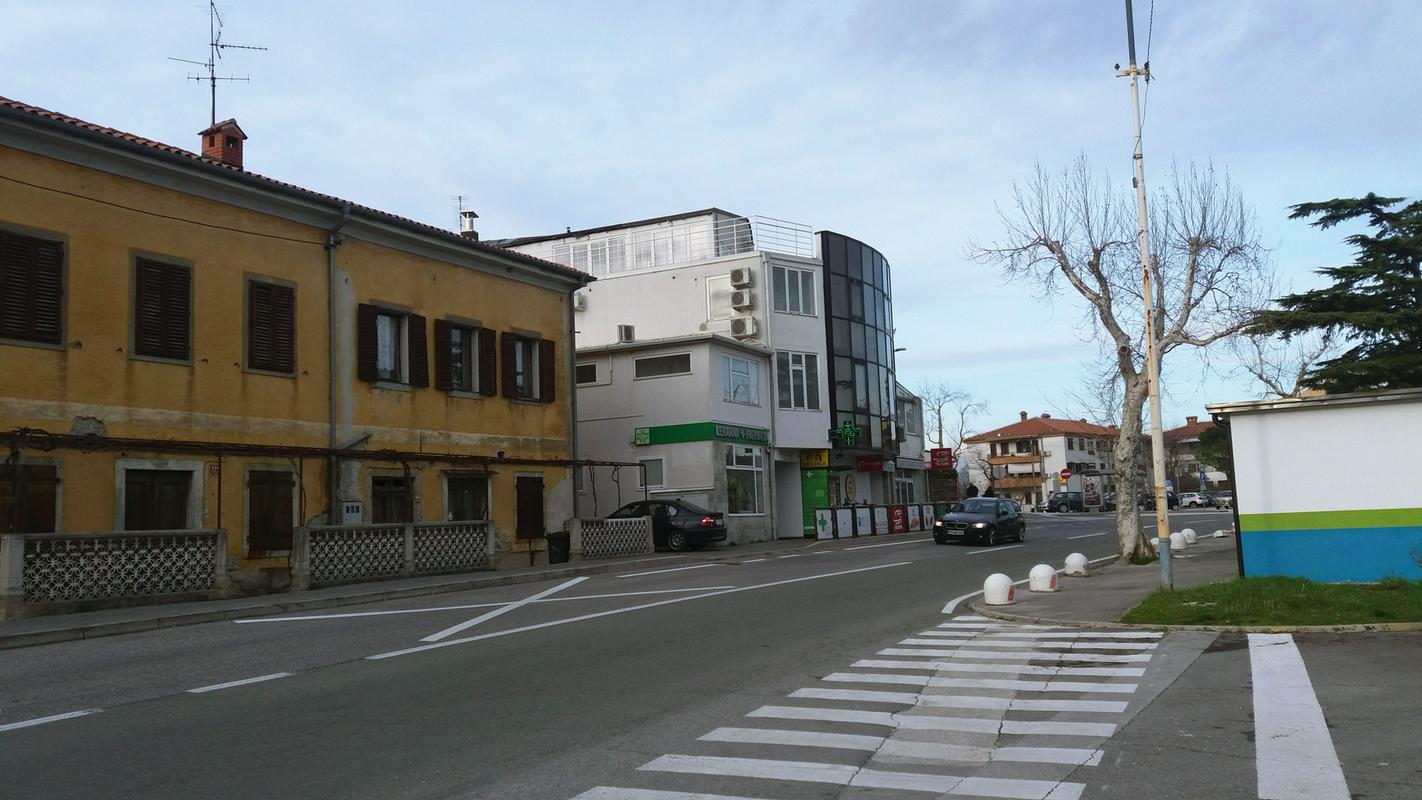
Slovenia has approved a refugee status to 125 people so far. Those that have already been here for one year already have some basic understanding of the Slovenian language. But more difficult challenges await, like for example integrating into society and finding appropriate accommodation and jobs.
The refugees, accepted by Slovenia as part of EU’s refugee quotas, are being offered a helping hand in terms of integration from several NGOs. Franci Jazbec from the Odnos non-governmental organization, warns of the many obstacles both in practice and within our system: "The first, at the beginning, is the accommodation. Slovenia has been nurturing a negative attitude towards refugees for decades. Because of the increasing number of people arriving in Slovenia, we encounter intolerance, discrimination and fear."
Documents, social transfers
Apart from psychosocial support, the majority of newcomers need help in obtaining documents and social transfers: "A problem occurs in the first month or the first two months after being awarded international protection, when they have to wait for their first income. This is a sort of empty period with regards to asserting ones right to financial social aid."
Employment in Revoz
One of the other big challenges refugees face is finding a suitable job. But Jazbec says that there are positive shifts in this area: "Many people got employed in the Revoz company. What will their experiences be like? We’ll surely find that out through an evaluation process. Most of the jobs involve night shifts and are very laborious... but they have been given an opportunity."
Starting from the 1st of June responsible for the acceptance and integration of refugees will be the new Government Office for the Care and Integration of Migrants. The acting director of the office, Mojca Špec Potočar, announced that they will continue to implement all of the inter-ministerial planned activities, "... and of course enhance the cooperation with all those striving for the respect of human dignity and the integration of individuals."
As part of EU’s refugee quotas Slovenia has to accept another 400 asylum seekers from Italy and Greece by September this year.
Lucija Dimnik Rikić, Radio Slovenija; translated by K. J.

































































